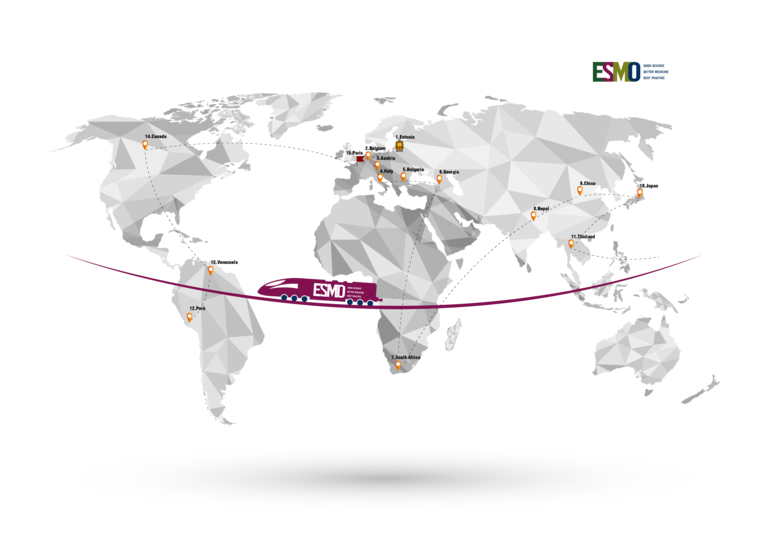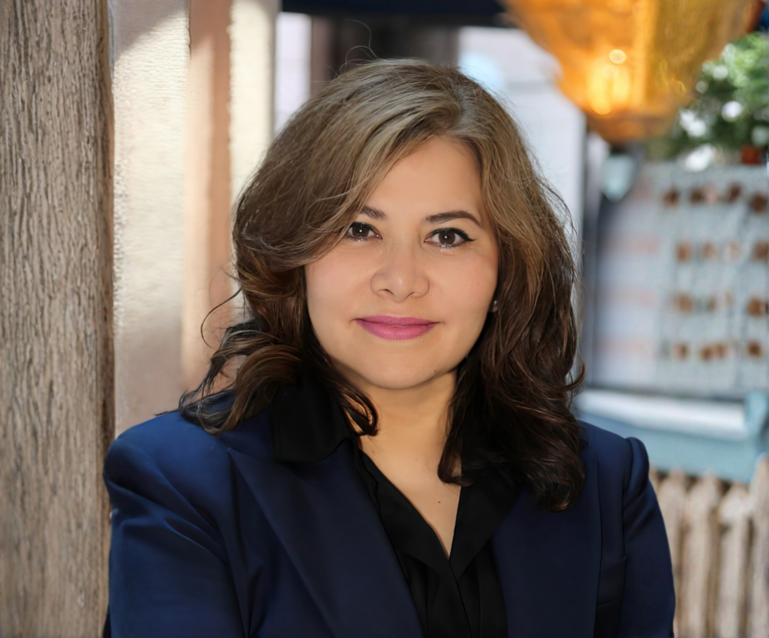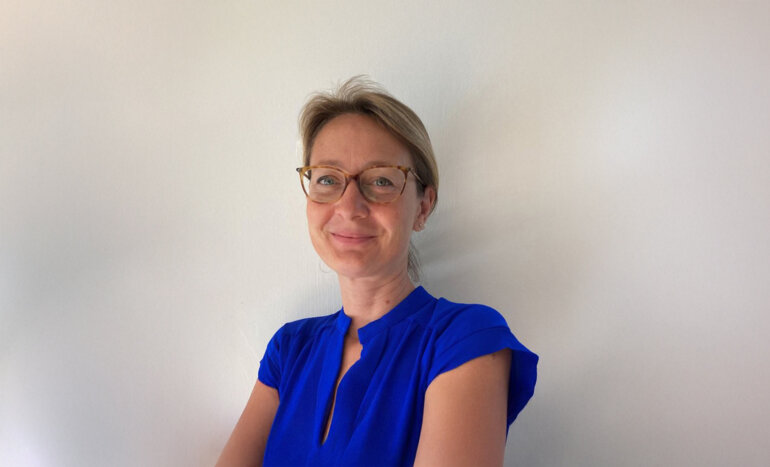With the “departure” of the virtual ESMO train in August, the ESMO Young Oncologists Committee (YOC) and the ESMO Climate Change Task Force are creating new opportunities for networking and sharing knowledge, while raising awareness on how climate change hits on cancer care
Following the success of 2020, the Virtual Train to ESMO has been travelling around the globe to offer daily educational activities designed by young oncologists for young oncologists, anticipating the spirit of networking and knowledge-sharing which will animate the ESMO Congress 2021, officially opening on 16 September.
The daily interactions on this virtual tour are a chance to revive the experience we had become used to during the ESMO congress
The initiative has been organised by the ESMO Young Oncologists Committee (YOC) in collaboration with the ESMO Climate Change Task Force, to create a friendly virtual environment where young oncologists can interact with their peers and with more experienced colleagues, and feel completely at ease to ask questions they would be reluctant to pose in a more formal setting. “Despite we have adapted to the new conditions imposed by the pandemic, the fact is that we still lag behind in how we relate to each other compared to the pre-COVID-19 era,” says ESMO YOC Chair Dr Teresa Amaral. “Our work has changed significantly over the last two years and the daily interactions on this virtual tour are almost like a fresh start, a chance to revive the experience we had become used to during the ESMO congress.”
Departed from Estonia on 26 August, the virtual train has travelled through 15 countries in total and will symbolically stop on 16 September in Paris, the city originally selected to host ESMO’s annual congress. The condensed format includes YO mentorship sessions, YO clinical case discussions, “How-To” sessions and, for the first time this year, a session totally dedicated to climate change issues. “Young oncologists are undoubtedly the ones who will suffer the most from climate changes in the future: this might translate into constraints on our ability to study, to learn, and the care we can offer to our patients, when global emergencies hit us”, highlights Amaral.
The impact of climate change on oncology practice is profound and very underestimated
The Virtual Train to ESMO takes inspiration from an initiative launched in 2018 by Dr Joakim Crona from the University Hospital Uppsala Akademiska Sjukhuset, Sweden, to encourage oncologists to take a train rather than the airplane, whenever possible, to reach the locations where the main oncology events take place across Europe. “The impact of climate change on oncology practice is profound and very underestimated. Cancer patients are already impacted by climate change as they may be more vulnerable to suffer from heat-waves and extreme temperatures. Disturbances in healthcare infrastructure resulting from natural disasters can also affect their treatment,” explains Crona who is now Chair of the newly-established ESMO Climate Change Task Force. “To reduce the risk to our patients and to our entire society, the oncology community needs to change its current habits to reduce emissions of greenhouse gases. Travelling by train is one effective strategy, but also the enhancement of our environmentally friendly digital experiences by academic and professional societies may play a crucial role.”
So far, the Virtual Train to ESMO has also proven the value of virtual education. “Some of the ideas discussed last year have already resulted in new projects that will be presented very soon,” concludes Amaral. “Even before the pandemic, the YOC had discussed how we could better serve our YO community along the year, and also how we could bring networking opportunities and career advice, particularly for the colleagues outside Europe, with fewer chances to travel and meet us. We understand that this daily virtual environment will allow us to do just that.”






